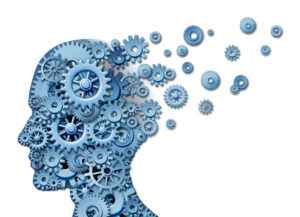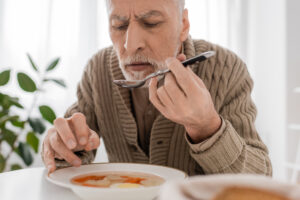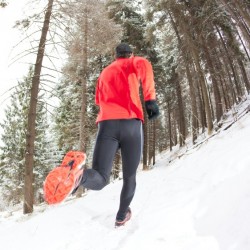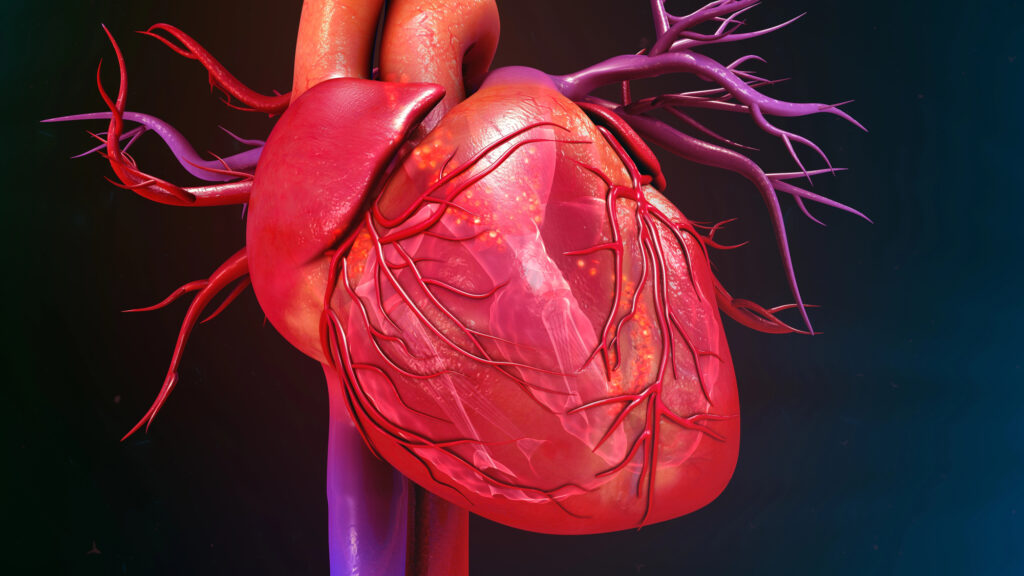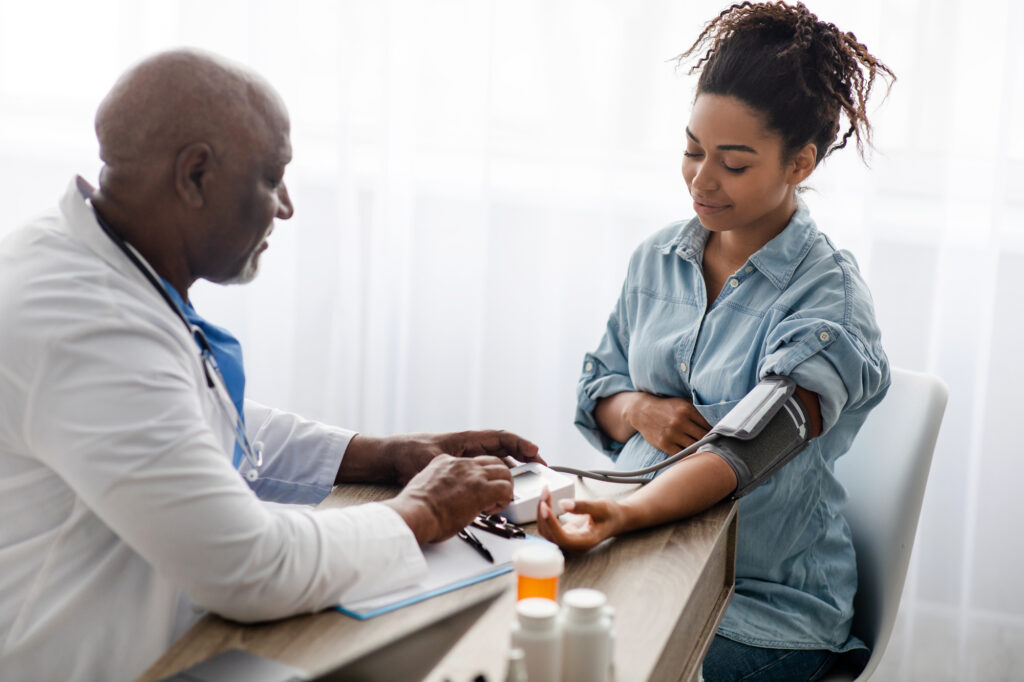Abstract / Intense exercise induces increased blood neutrophil counts and decreased lymphocyte counts, and leads to inflammation and immunosuppression. It was previously reported that cystine and theanine (CT) supplementation by long-distance runners before training camp suppressed changes of these blood parameters observed in unsupplemented control subjects after the camp. This study examined the effects of CT supplementation on the inflammatory response and the immune state before and after intense endurance exercise in long-distance runners at at training camp. By Shigeki Murakami et al, published in J or the Int’l. Society or Sports Nutrition, Vol. 7, No. 23
Sixteen long-distance runners were allocated to one of the two groups given CT supplements (700 mg cystine and 280mg theanine daily) or placebo for 7 days prior to and during a 9-day training camp. Daily run training averaged 19.9 km/day prior to the camp and 28.6 km/day during the camp. On the initial and final days of the camp, blood samples were collected before and after 15km morning interval running workouts (1000 X 15 times) and analyzed for neutrophil and lymphocyte counts and myoglobin.
Cystine, a dipeptide of the sulfur amino acids cysteine, is a precursor to glutathione (GSH) that is responsible for the antioxidant response in the body, and its supply is limiting in the synthesis of GSH. On the other hand theanine is a amino acid abundant in green tea and is known to be metabolized to glutamic acid and ethylamine withing the intestinal tract, liver etc.
It has been reported that athletes often experience overtraining syndromes where they are unable to sufficiently recover their physical condition after a certain period of intense, strenuous exercise. This is due to lowered immunity, which increases susceptibility to infectious disease (diarrhea, fever, pharyngitis) and may lead to symptoms of the common cold and reduced physical performance.
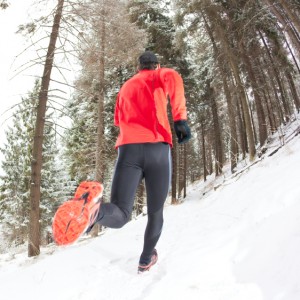
This study analyzed the effects of CT ingestion on the inflammatory response, immune state, and indicators of muscle disruption before and after the intense endurance exercise consisting o 15 km interval running workouts in long distance runners at a training camp.
The relative change in exercise induced blood neutrophil count was significantly lower in the CT group than in the placebo group (163.3+/- 43.2% vs 200.4+/1 19.6%, p = 0.044) on the initial day of camp, but not the last day. The decline in lymphocyte count was significantly less in the CT group than in the placebo group (60+/- 19.2% vs 36.2+/- 12.0%, p = 0.010) on the initial day of camp, but not only the last day. In the blood myoglobin, there was a trend toward lower percent of pre-exercise values in the CT group (p< 0.09) on both measurement days.
The proposed mechanism of action of CT is as follows:
- Intense exercise damages the skeletal muscles, which are infiltrated by neutrophils. The infiltrating neutrophils produce ROS, causing inflammatory reactions inside the skeletal muscles.
- The damage recruits neutrophils into the muscle, leading to inflammation, which reduces lymphycyte counts and lowers immunological function.
- Also, the increased inflammatory reaction increases myocytolysis.
- CT acts on neutrophils to suppress excessive inflammatory reactions, protect immunological function and reduce the breakdown of muscle causes by inflammation.
These results suggest that CT supplementation may suppress the exercise induced inflammatory response and may hep reduce immunosuppression and inflammatory derived muscle damage in response to acute exercise stress. Download the entire study to see the specific results in how consecutive intake of CT may suppress disturbances of immune function.
CLICK HERE TO DOWNLOAD FULL TEXT ARTICLE


